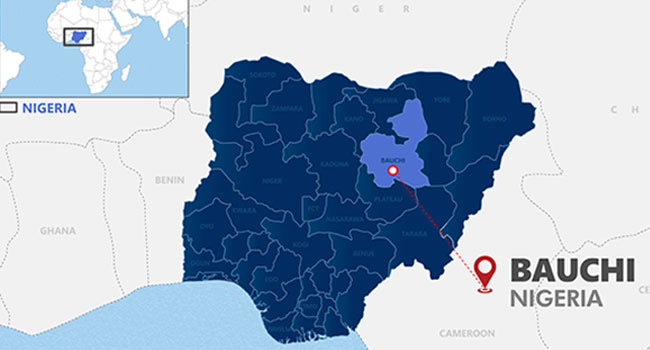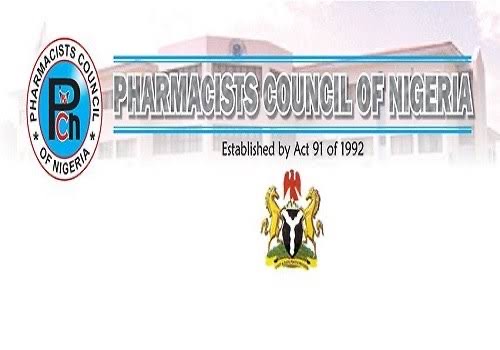The Pharmacy Council of Nigeria (PCN) recently carried out a major enforcement operation in Bauchi State, resulting in the closure of 571 pharmacies and medicine shops. This action was taken after a thorough inspection of various medical establishments across the state.
Pharm Stephen Esumobi, the Director of Enforcement at PCN, detailed the scope of the operation during a press conference. The inspection covered a total of 762 premises. This included 88 licensed pharmacies, 284 patent medicine shops, and 390 unregistered or illegal medicine shops. Out of these, 37 pharmacies, 144 patent medicine shops, and all 390 illegal outlets were found to be in violation of regulatory standards and were subsequently sealed.
The inspection was conducted across 10 local government areas within Bauchi State. These areas include Bauchi, Tafawa Balewa, Darazo, Ganjuwa, Alkaleri, Dambam, Kirfi, Ningi, Toro, and Dass. Each of these areas was carefully reviewed to ensure that pharmacies and medicine shops complied with the required regulations.

Pharm Esumobi emphasized the importance of maintaining proper storage conditions for medicines. Medicines must be stored in facilities with controlled temperature and humidity to ensure they remain safe, effective, and of high quality. When these standards are not met, it can lead to significant risks such as treatment failures and preventable deaths. Ensuring that medicines are properly stored and handled is crucial for public health.
The PCN had previously issued warnings and guidelines aimed at improving the practices of pharmacies and medicine shops. Despite these efforts, many premises continued to operate in violation of the regulations. Some of the most common breaches included operating without proper registration, failing to renew premises certificates and inadequate documentation.
Additionally, patent medicine vendors were found to be stocking medicines that were not approved for sale and engaging in clinical services, which they were not authorized to do. Other issues included wholesalers engaging in retail sales and pharmacies operating without a qualified superintendent pharmacist.
Another significant concern highlighted by the PCN was the rising market for substance abuse in the state. This issue not only poses health risks but also contributes to local social and security problems. The council’s enforcement operation aimed to address these issues by closing down illegal and improperly regulated outlets.

The PCN has made it clear that violations of pharmaceutical regulations are taken seriously. Under the Pharmacy Council of Nigeria Establishment Act of 2022, offenders can face fines of up to ₦2 million or have their licenses revoked. This strict enforcement is intended to ensure that all pharmacies and medicine shops adhere to the necessary standards and regulations. The PCN has also committed to ongoing monitoring and enforcement to ensure continued compliance with pharmaceutical regulations.
Their state and zonal offices will remain vigilant in their efforts to oversee the practices of pharmacies and medicine shops across Bauchi State. This ongoing supervision is essential for maintaining the integrity of the pharmaceutical sector and ensuring that public health is protected.
The recent enforcement operation by the PCN in Bauchi State has led to the closure of numerous pharmacies and medicine shops that were found to be violating regulatory standards. The PCN’s efforts are focused on ensuring that medicines are stored and handled properly, addressing issues of non-compliance, and combating the problem of substance abuse. The council has emphasized that strict penalties will be imposed on those who do not adhere to the regulations, and they will continue to monitor the situation closely to ensure that public health standards are met.





































